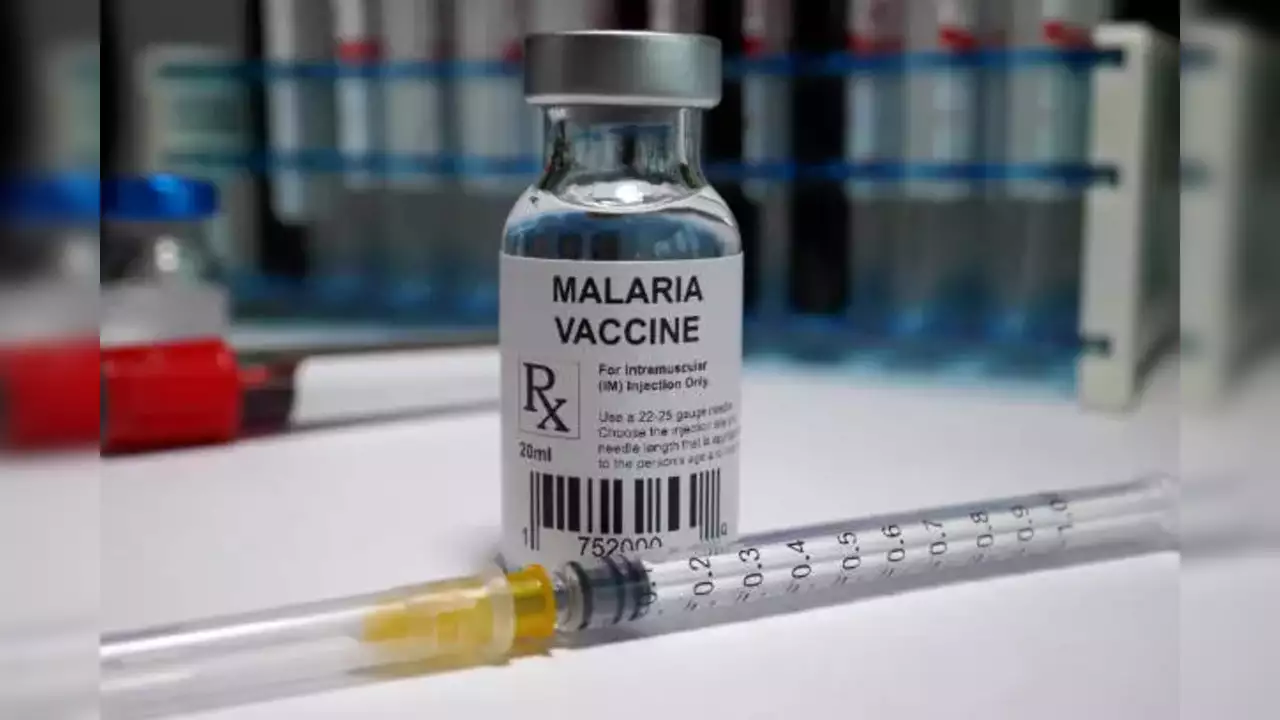Unlocking the Potential: Malaria Vaccine Developments by the Serum Institute of India in Collaboration with the World Health Organization
In the global battle against infectious diseases, vaccines have always played a pivotal role. They have been instrumental in eradicating or significantly reducing the impact of many deadly diseases. One such pressing concern is malaria, a mosquito-borne illness that continues to claim lives worldwide. In this article, we will explore the strides made in the development of a malaria vaccine by the Serum Institute of India in collaboration with the World Health Organization.
Understanding the Malaria Menace
Malaria is a parasitic disease transmitted through the bite of infected female Anopheles mosquitoes. According to the World Health Organization (WHO), there were an estimated 229 million cases of malaria in 2019, causing approximately 409,000 deaths, with the African region bearing the highest burden. The need for an effective malaria vaccine has never been more urgent.

The Role of Serum Institute of India
The Serum Institute of India, the world’s largest vaccine manufacturer by the number of doses produced and sold, has been at the forefront of vaccine development for several decades. Renowned for their expertise, they have taken on the challenge of developing a malaria vaccine.
Collaborating for a Malaria-Free Future
To combat a disease as formidable as malaria, global cooperation is imperative. The Serum Institute of India has entered into a groundbreaking partnership with the World Health Organization to develop a malaria vaccine that can be distributed to vulnerable populations in malaria-endemic regions.
Overcoming Challenges
The development of a malaria vaccine has been fraught with challenges. The parasite responsible for malaria, Plasmodium, has a complex life cycle, making it a formidable adversary. Researchers at the Serum Institute of India are tirelessly working on overcoming these obstacles.
Progress and Promising Results
Recent developments in the malaria vaccine project have shown significant promise. Clinical trials have demonstrated positive results, with the vaccine showing a high degree of effectiveness in preventing malaria infections. This brings new hope to the fight against this deadly disease.
The Road Ahead
While significant progress has been made, there is still much work to be done. The Serum Institute of India, in collaboration with the WHO, is committed to conducting further research and trials to ensure the safety and efficacy of the malaria vaccine.
Ensuring Accessibility
A critical aspect of this endeavor is to ensure that the vaccine, once developed, is accessible to those who need it the most. Efforts will be made to make the vaccine affordable and available in resource-limited settings.
Global Impact
The successful development of a malaria vaccine will have a profound global impact, particularly in regions where malaria is endemic. It will reduce the burden on healthcare systems, improve the quality of life, and save countless lives.
Conclusion
In the fight against malaria, the Serum Institute of India’s collaboration with the World Health Organization represents a beacon of hope. The strides made in malaria vaccine development are promising, and they bring us one step closer to a malaria-free world.
Frequently Asked Questions
- How does malaria spread, and why is it so challenging to control?
Malaria is spread through the bite of infected mosquitoes, and it is challenging to control due to factors like insecticide resistance and the complex life cycle of the malaria parasite.
- What makes the collaboration between the Serum Institute of India and WHO significant?
This collaboration combines the resources and expertise of a leading vaccine manufacturer with the global health authority to develop and distribute a malaria vaccine.
- What are the key milestones achieved in the development of the malaria vaccine?
Recent clinical trials have shown positive results, indicating the vaccine’s effectiveness in preventing malaria infections.
- How will the malaria vaccine benefit vulnerable populations in endemic regions?
The goal is to make the vaccine accessible and affordable, ensuring that it reaches those who need it most in malaria-endemic areas.
- What can individuals and organizations do to support the fight against malaria?
Support can be provided through funding research, raising awareness, and advocating for policies that address the challenges of malaria control and prevention.


